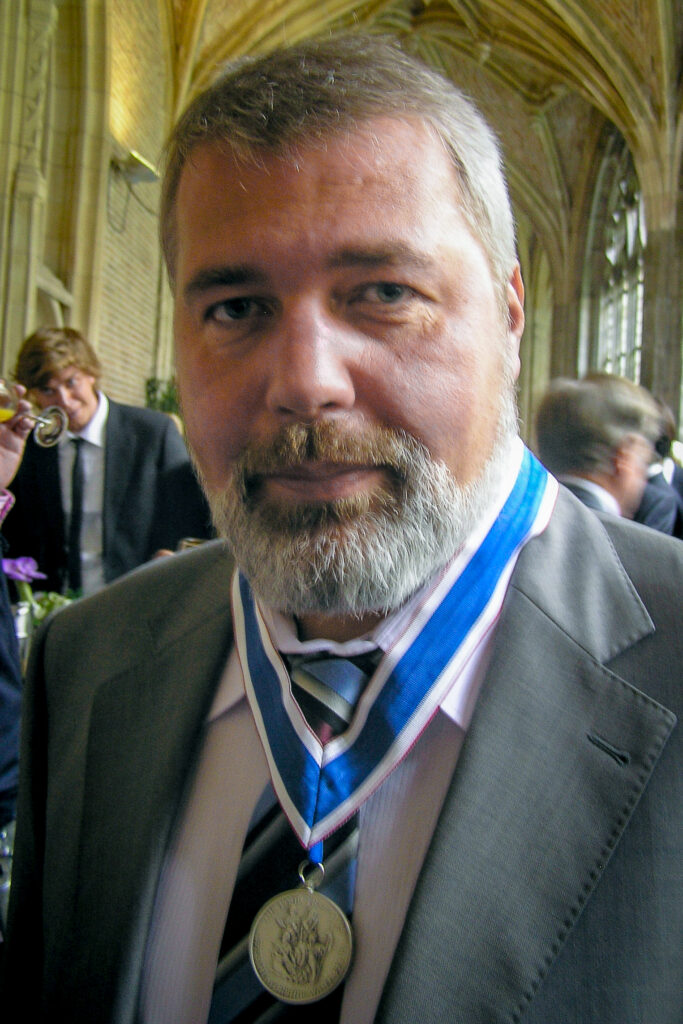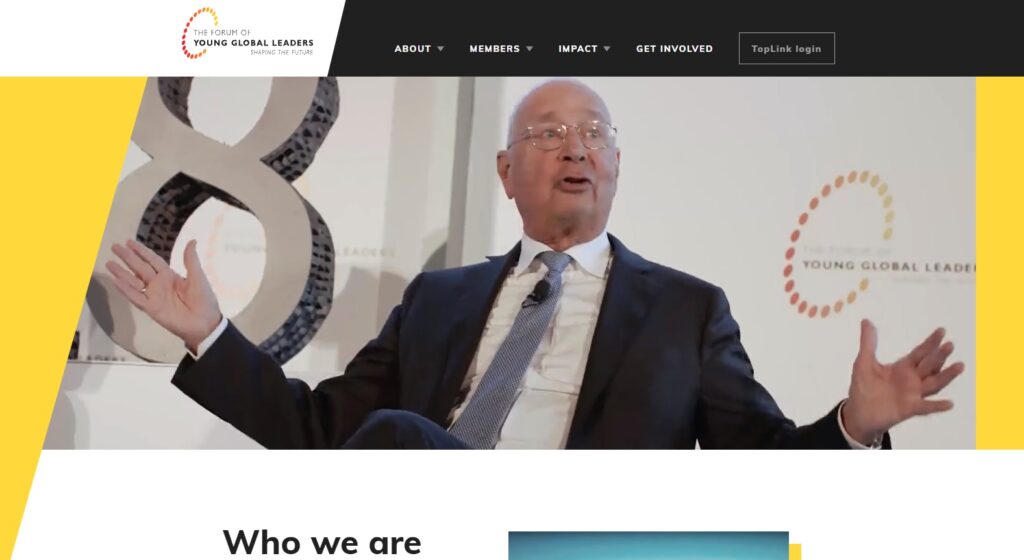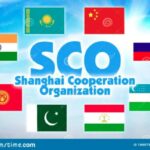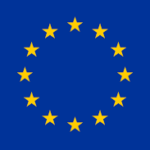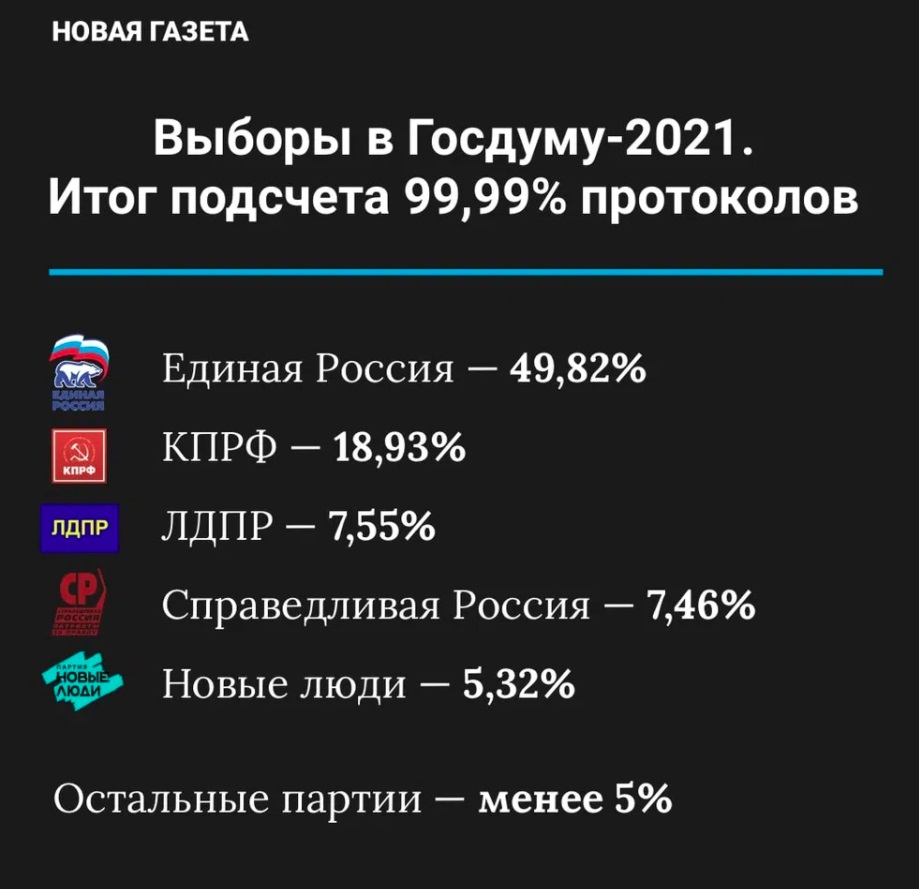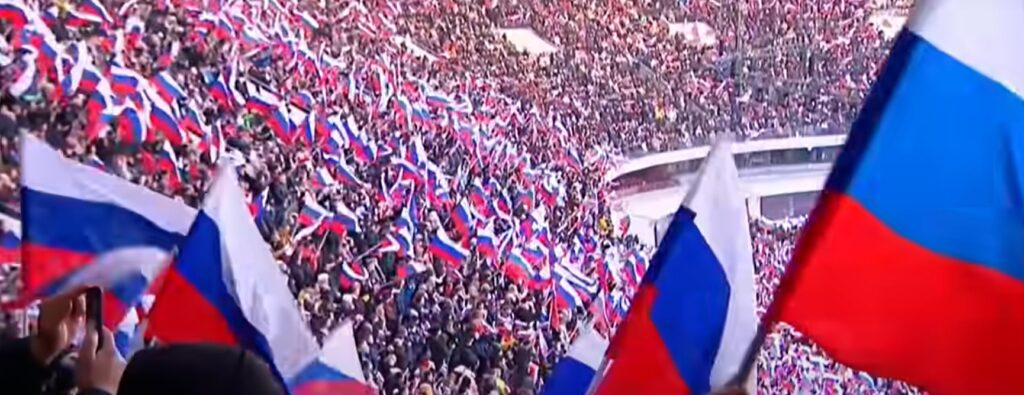Though it is not the last month of the year 2021, we are looking forward to the world of 2022 and beyond. Why? Because we can see the oak tree in the acorn. That is to say, of course, we cannot predict how large the tree with will be, how many branches and twigs it will have, how sturdy the trunk and how thick the bark will be; we know, though, that it will be an oak tree rather than a birch or a beech, least of all a coniferous fir or spruce. You can predict in a very broad outline the size and type of the building, looking at its understructure. Even a non-expert can correctly infer from the foundations whether they are made for a cottage house or a high-rise; a block of flats or a factory.
What are the foundations for the world of tomorrow? Consider them one by one:
-
ubiquitous surveillance;
-
Third World people as weapons in hybrid wars between states;
-
the increasing role of adolescents as a battering ram in world and domestic policy-making;
-
the all-out war on fossil fuels and the crusade to impose “sustainable” economy;
-
the big push towards cashless economy;
-
the imposition of designed pseudo-reality on the reality as it is perceived through the senses.
Such are the components of the underpinning for the world in the making, of the world of tomorrow. It looks like everything we have been accustomed to must be obliterated, decomposed and turned into fertilizer with which new crops will be grown. We ought to brace ourselves for the changes, we ought to at least be aware of them, to be – at the minimum – mentally and financially prepared.
The reassuring thing is that what the architects of the new world create in the form of blueprints eventually never turns out 100% as they wanted it to be. Reality is too complex for anybody to control it. Still, as they say: throw dirt enough and some will stick. We want to know what will stick. Something tells us that you want it too.
Gefira Financial Bulletin #57 is available now
- The World in the Making
- Surveillance and Control
- Warnings, Observations and Reflections for Investors
- Invest in Blue Gold



